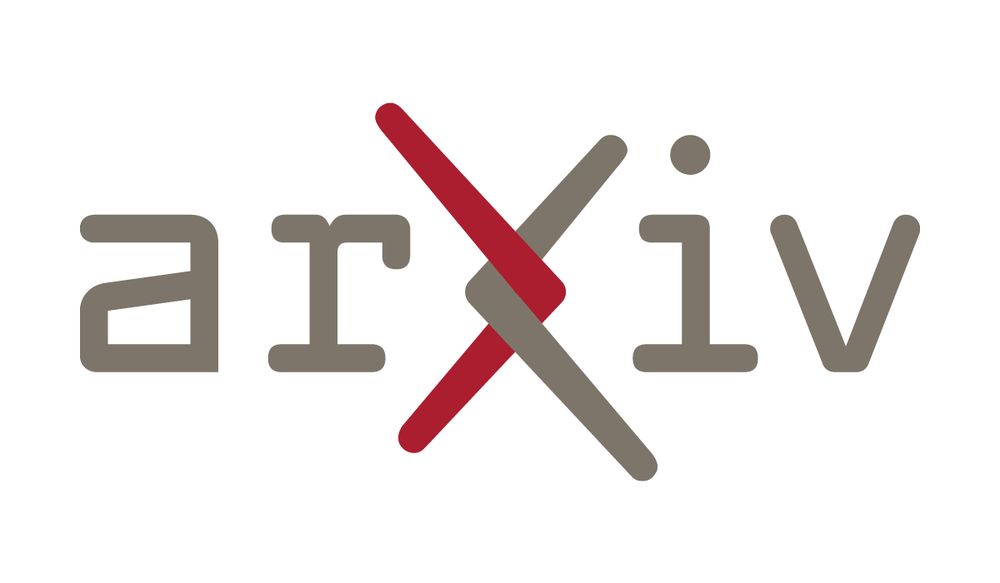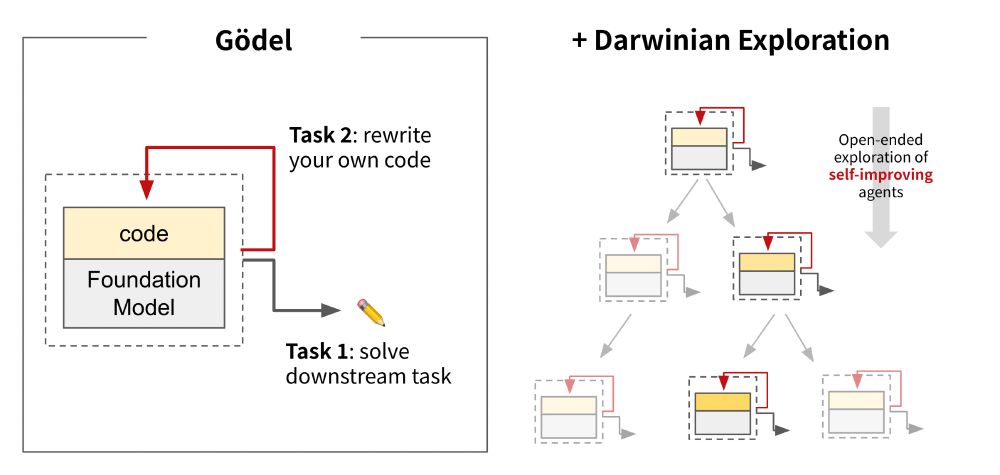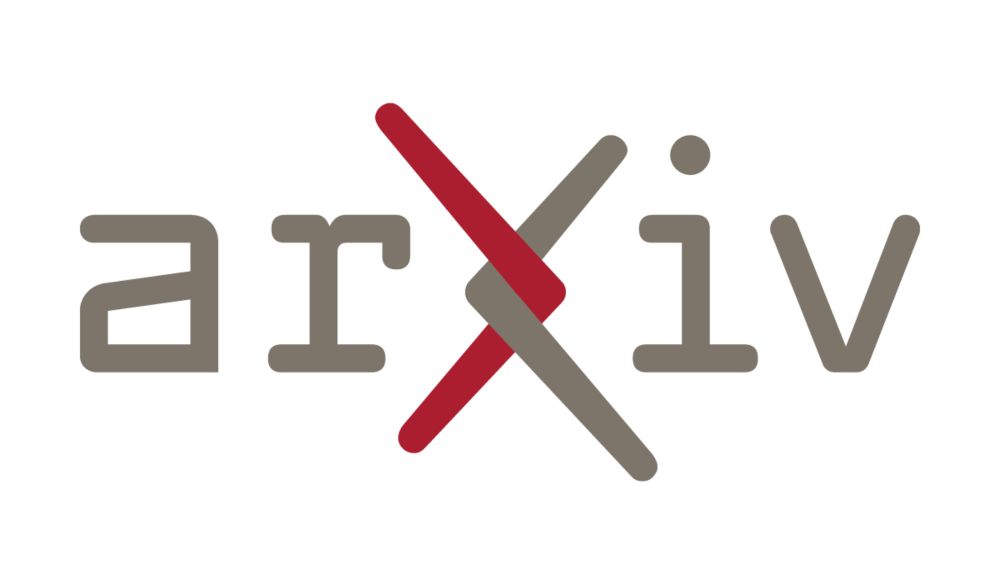Joachim W Pedersen
@joachimwpedersen.bsky.social
620 followers
460 following
27 posts
Bio-inspired AI, meta-learning, evolution, self-organization, developmental algorithms, and structural flexibility.
Postdoc @ ITU of Copenhagen.
https://scholar.google.com/citations?user=QVN3iv8AAAAJ&hl=en
Posts
Media
Videos
Starter Packs
Pinned
Reposted by Joachim W Pedersen
Reposted by Joachim W Pedersen
Reposted by Joachim W Pedersen
Reposted by Joachim W Pedersen
Reposted by Joachim W Pedersen
Reposted by Joachim W Pedersen
IT-Universitetet i København
@itu.dk
· Jan 14
Reposted by Joachim W Pedersen
Fabio Montello
@zioictus.bsky.social
· Jan 8

GitHub - DTU-PAS/awesome-dynn-for-cv: Awesome collection of DyNN papers for Computer Vision and Sensor Fusion applications :sparkles:
Awesome collection of DyNN papers for Computer Vision and Sensor Fusion applications :sparkles: - DTU-PAS/awesome-dynn-for-cv
github.com
Reposted by Joachim W Pedersen
Mattia Rigotti
@matrig.net
· Dec 22
Reposted by Joachim W Pedersen
Reposted by Joachim W Pedersen
Craig Reynolds
@craigreynolds.bsky.social
· Nov 28










